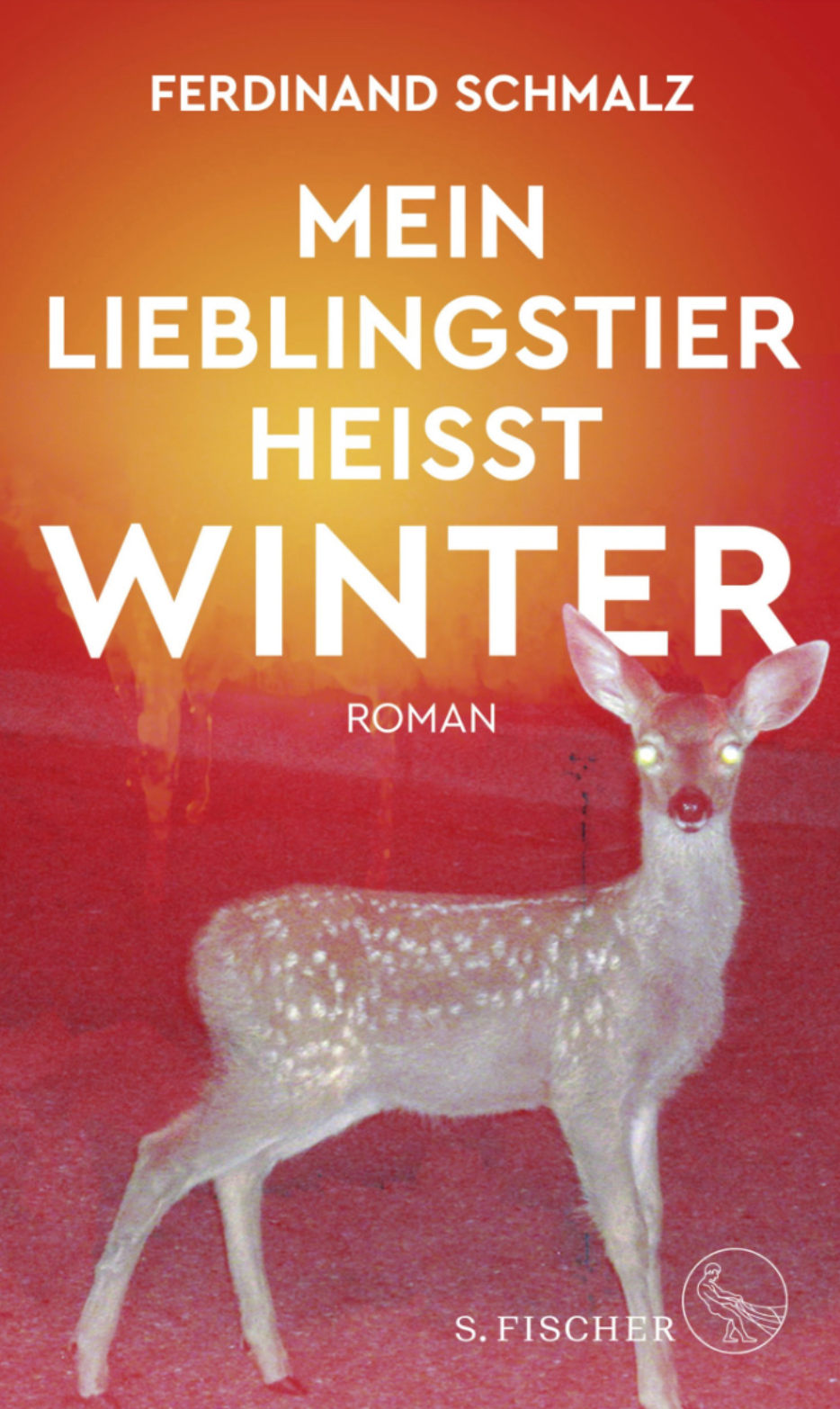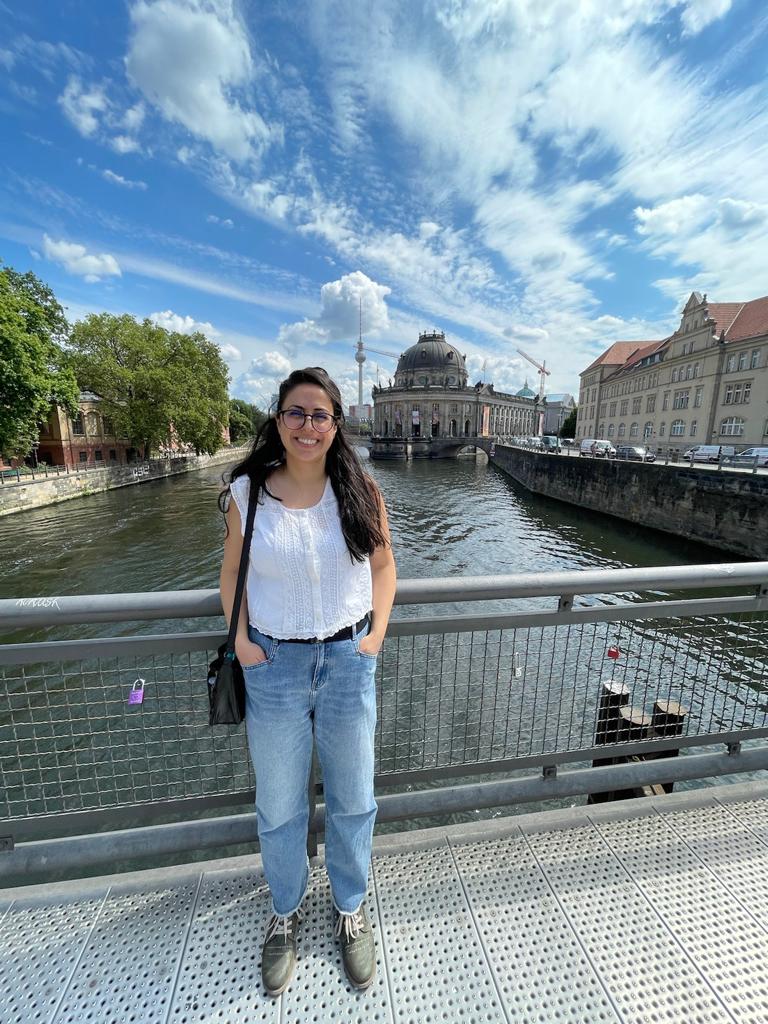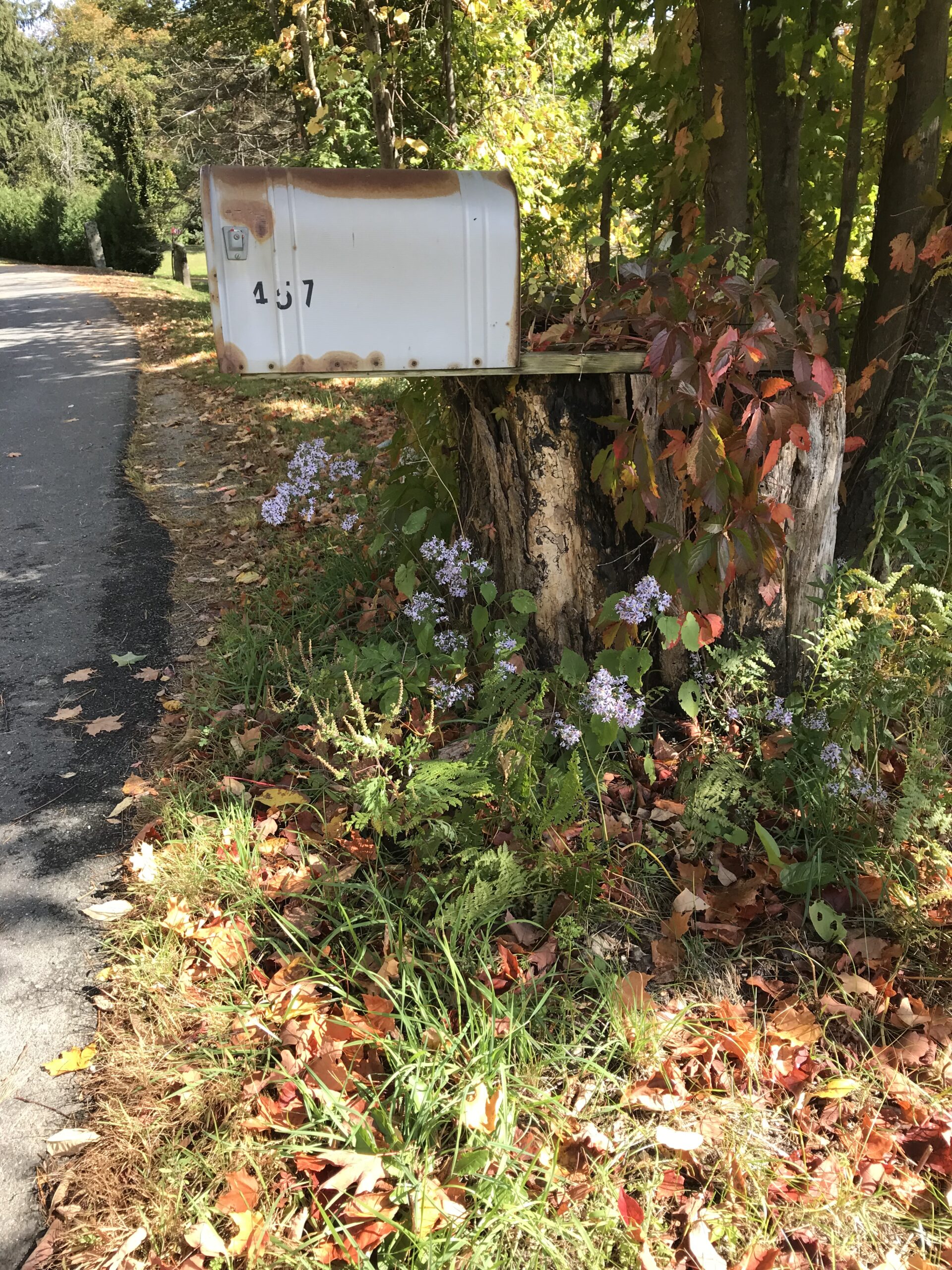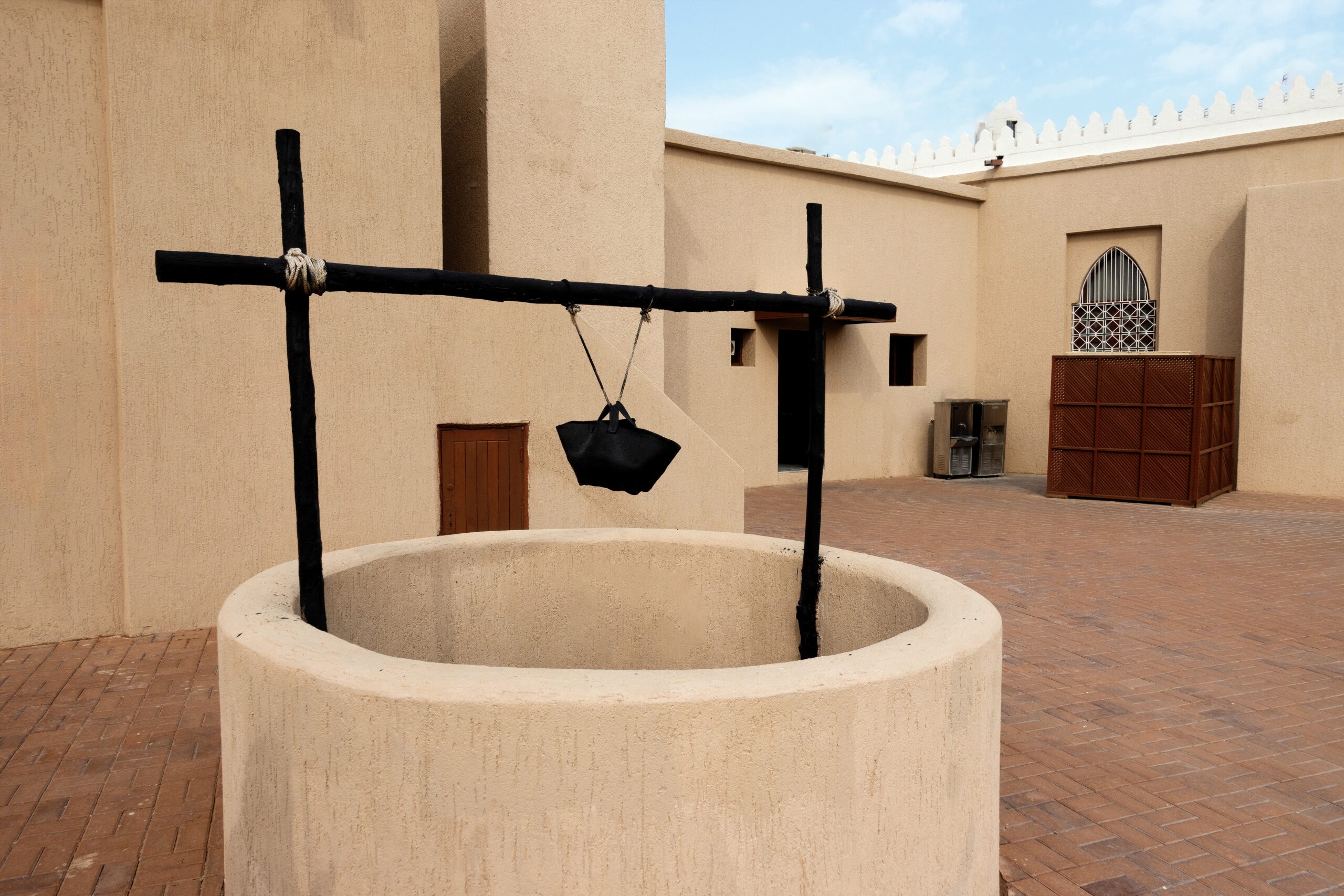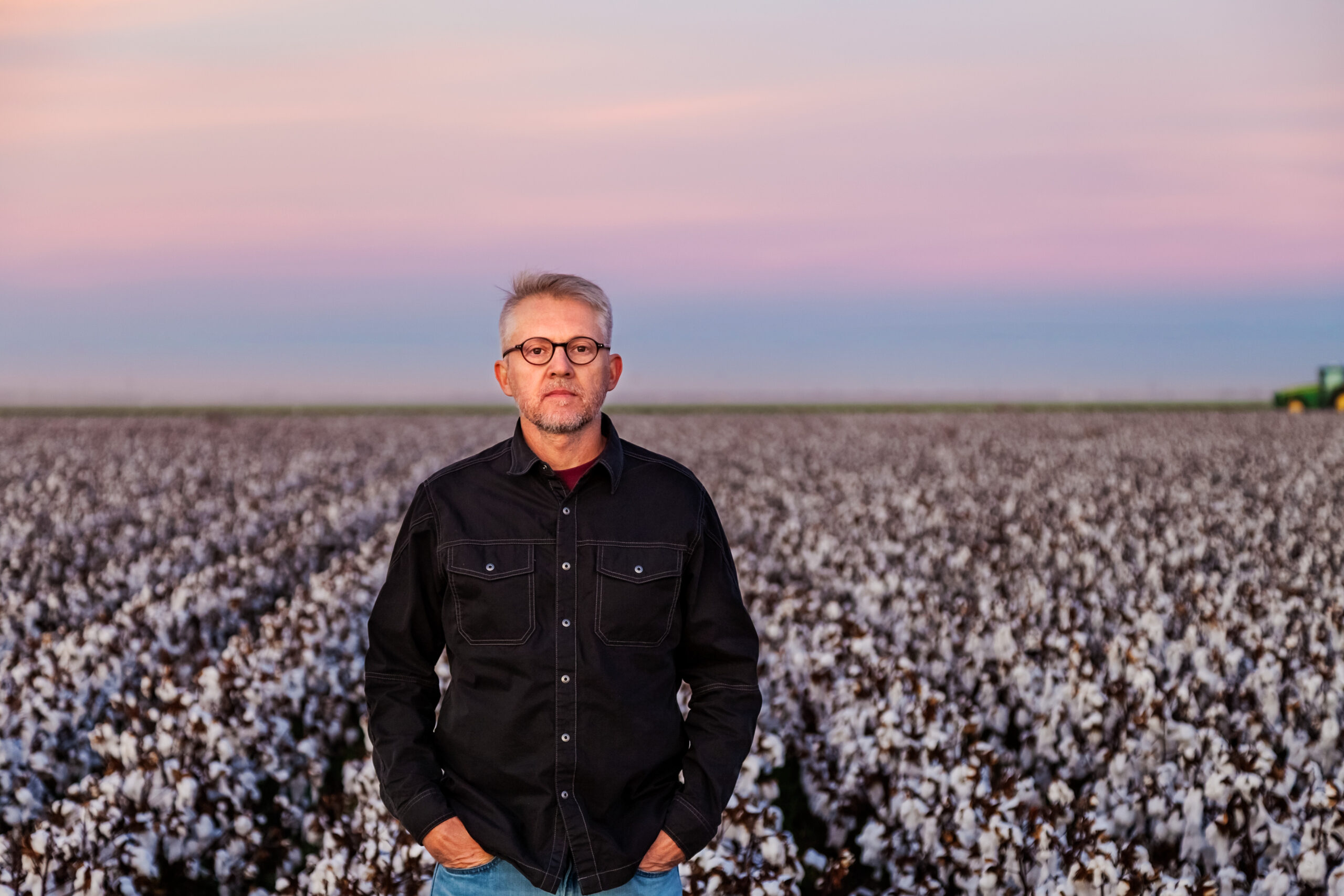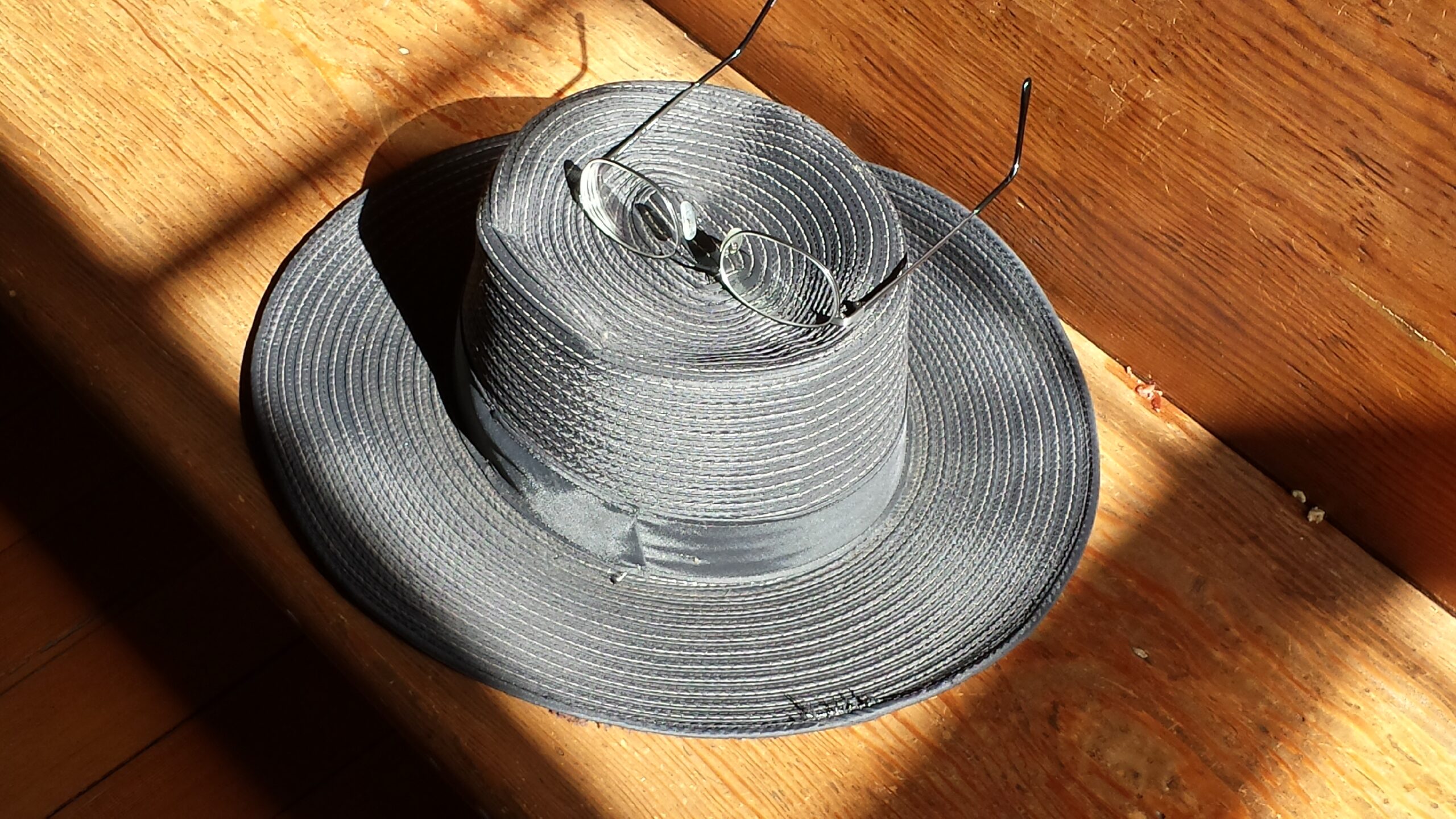Transcript: Suhail Matar Podcast.
Palestinian writer Suhail Matar speaks to managing editor Emily Everett about his story “Granada,” translated by Amika Fendi. The story appears in The Common’s new spring issue, in a special portfolio of Arabic fiction from Palestine. Suhail talks about the inspiration and process behind the story, which explores the complex ways in which Palestinians connect when they meet and interact abroad. Suhail also discusses the difficulties of translation, the history and modern realities of Palestinians living within Israel’s current borders, and his PhD work exploring how the brain processes and reacts to language.


